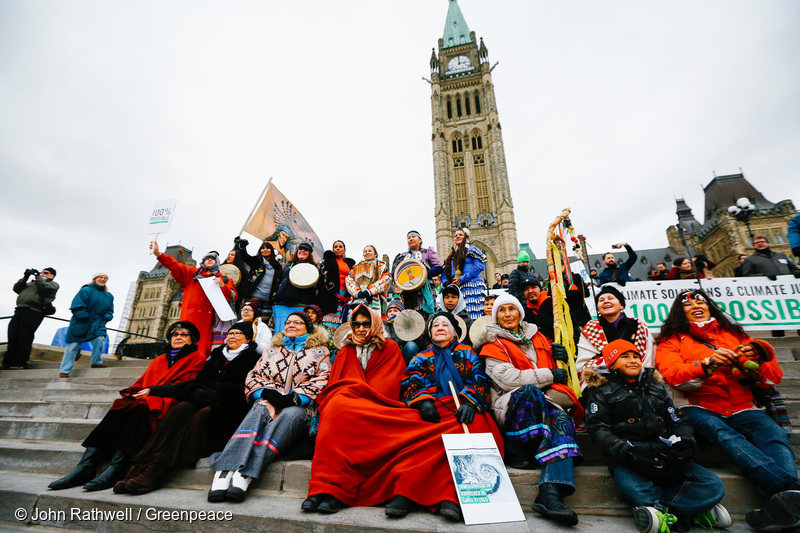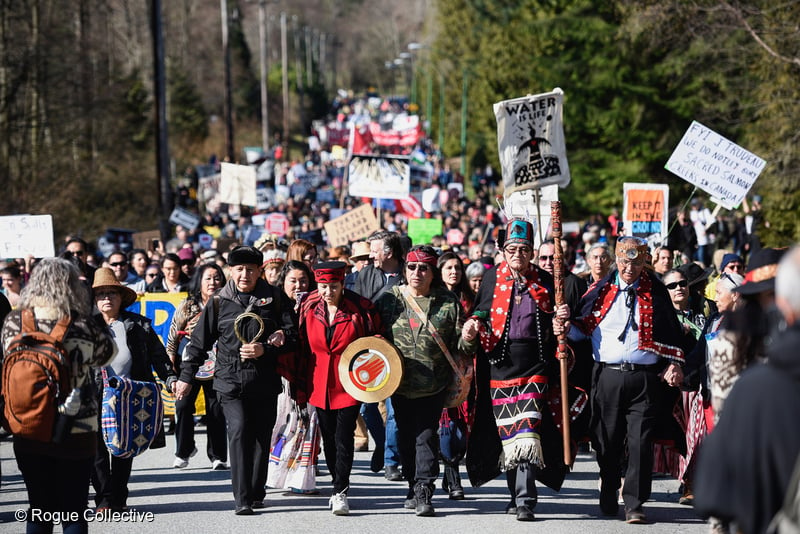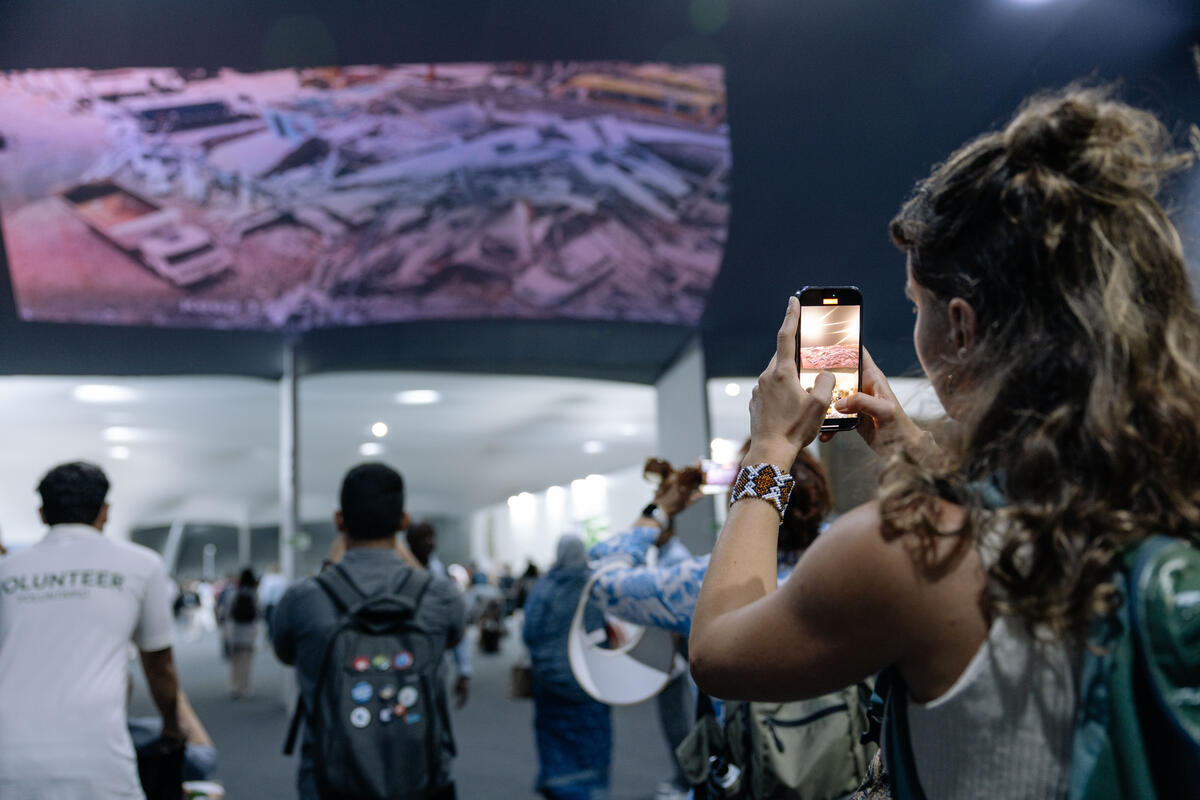Year after year, fossil fuel companies get the subsidies and tax breaks they ask for. But what if this year, they didn’t?
This March, the federal government will deliver what Finance Minister Chrystia Freeland has called the most significant budget of our lifetimes. For Prime Minister Trudeau, it will be a moment of truth — will he deliver on the promise of a green & just recovery from covid-19 or will he keep funding the fossil fuel industry? The answer could even trigger a federal election since the Liberals’ minority government will need other parties’ support to pass the budget.
Meanwhile, oil and gas companies are lobbying hard for business as usual. The oil industry has asked for a $30 billion bailout — that’s $30 billion of our money — in 2020 and the oil industry is still lobbying the government in 2021.
But together we can stand up against these climate villains. Join Greenpeace Canada to demand that our money be used to make life better and #BuildBackFossilFree! Here’s what you need to know:
Step 1: Learn how the budget works so you can pressure your government to ante up and Build Back Fossil Free
Your guide to winning a badass budget from Prime Minister Trudeau.
What is the budget? A blueprint for federal spending priorities and how revenue will be raised (aka taxes from all of us). That’s right: our money, our say.
Who prepares it? Department of Finance.
When is it announced? Usually by the end of March.
Other departments make recommendations and the government also consults with business and civil society. Ultimately it’s the Minister of Finance (Chrystia Freeland) and the Prime Minister (Justin Trudeau) who have the final say.
A Cabinet meeting is held on the day the Budget is released to Parliament to inform Ministers. MPs are given a chance to review the budget, ask questions and debate. The government then asks Parliament’s approval for spending our money.
With a minority government, the budget could trigger a vote of non-confidence in Trudeau’s Liberals. To win, they’ll need at least one other party to vote to support their budget. If they lose the vote, it could trigger an election. That means we have a whole lot of leverage to make our government do the right thing.
Step 2: Know what it means to #BuildBackFossilFree
Here’s what we mean by #BuildBackFossilFree.
- Focus spending on green infrastructure, retraining for fossil fuel workers, and an economic model built on equity and living within nature’s boundaries.
- Map the communities most impacted by fossil fuel pollution and climate change and make them priorities for funding.
- Cancel the TMX pipeline which is expected to cost $12.6 billion.
- End all current, planned and future subsidies to the fossil fuel sector. (Including the $12 billion Canada gave in 2020).
- Announce a moratorium on new fossil fuel infrastructure and fossil fuel exports.
- Work with provincial and Indigenous governments to develop a time-bound plan for phasing out existing fossil fuel systems and building alternative clean economies.
- Implement legislation to hold fossil fuel companies financially and legally accountable for fuelling the climate crisis and misleading the public about climate science.
Step 3: Don’t forget the stakes — the real world impacts you us.
Politicians often try to sell us the budget in terms of what we will win or lose: Will you have to pay more taxes? Will you get an electric vehicle rebate? This year, we have to start asking the bigger question of: what’s the budget going to do for our communities and all of us who share this planet? If covid-19 has shown us anything, it’s that we depend on each other to get by — and we’ll win the fight against fossil fuel companies causing climate change the same way
Here are 5 key question to ask yourself and to kickstart conversations with those around you. Stop asking what the budget will do for YOU and start asking what it will do for US:
- Will it stop funding fossil fuels, which are driving Canada to warm 2x as fast as the rest of the world, hurting our physical and mental health?
- Will we have more access to parks, nature, clean water and affordable, clean public transit?
- Will we have better access to childcare, pharmacare, and sick days?
- Will we all have a decent living wage, job retraining if we need it, access to employment insurance and safe housing?
- Will it defund the RCMP, which shows major racial bias and enforces oil pipeline construction on Indigenous land?




